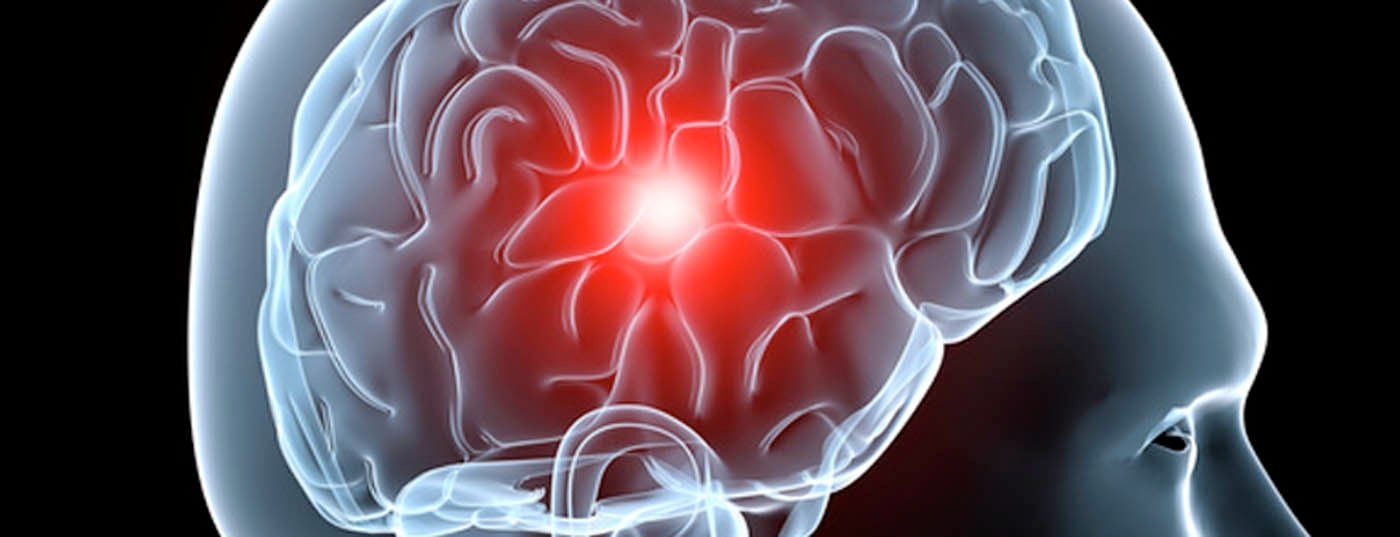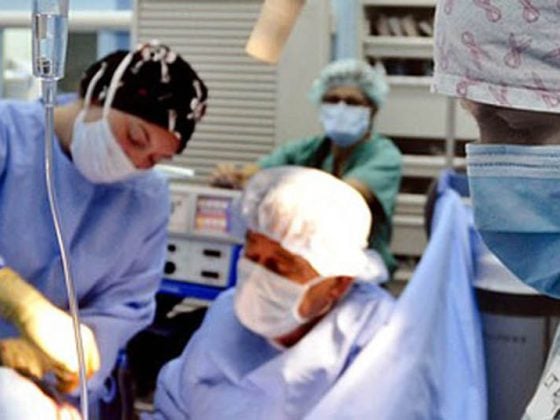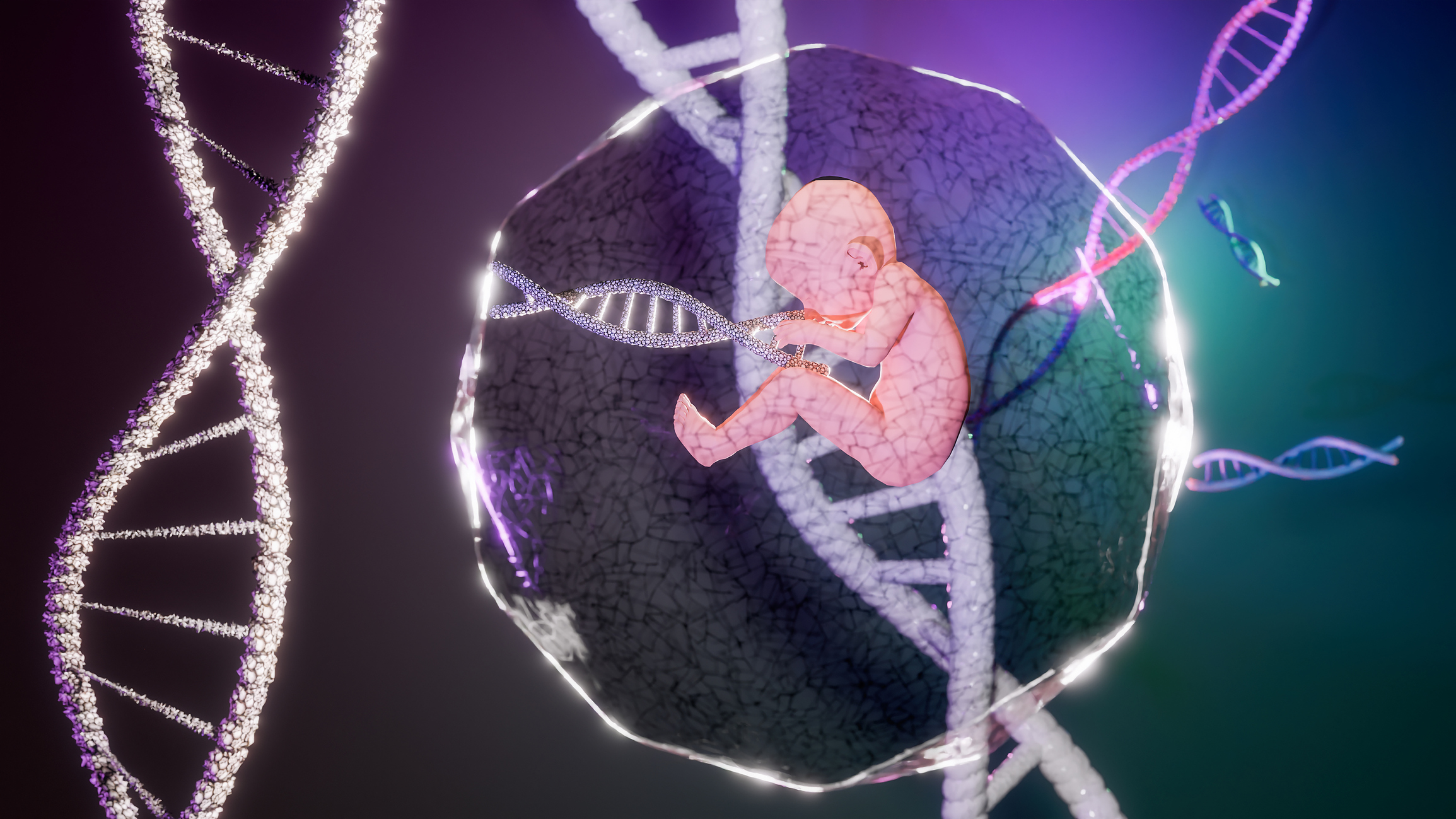The aim of a new study was to find out how often and in what way recurrent thromboembolic events present after acute ischemic stroke. This only involved stroke patients who were also suffering from cancer.
Retrospectively, a sample of 263 participants was created (from 2005 to 2009) consisting of adult patients with systemic cancer and a diagnosis of acute ischemic stroke. The composite outcome of recurrent ischemic stroke, myocardial infarction, systemic embolism, transient ischemic attack (TIA), or venous thromboembolism was determined independently by two neurologists using all available electronic records on the patients.
Recurrent thromboembolic events are common
Complete documentation until death was accessible in 230 patients (87%). More than half of the patients (60%) had adenocarcinoma, and just over two-thirds had systemic metastases. Despite a median survival of 84 days, a full 90 patients, or 34% of the sample, suffered a total of 117 recurrent thromboembolic events-a high rate given the short survival time. Venous thromboembolism (57 cases) was the most common, followed by recurrent ischemic stroke (36), myocardial infarction (13), systemic embolism (10), and TIA (1).
Kaplan-Meier rates for recurrent thromboembolism were 21% at one month, 31% at three months, and 37% at six months. For recurrent ischemic stroke, the cumulative rates were 7, 13, and 16%. These values exceed those of stroke patients without cancer almost threefold.
Adenocarcinoma diagnosis was also independently associated with recurrent thromboembolism.
Negative forecast
Particularly in patients with adenocarcinoma, but also other cancers, it should be noted that after an acute stroke, there is a high short-term risk of further thromboembolic events and a new stroke, the authors concluded. This is despite the fact that the life expectancy of these patients is usually short anyway. The question of the exact underlying pathological mechanism remains largely unanswered.
If the results are confirmed in prospective studies, this could have consequences for the preventive treatment of cancer patients after stroke.
Source: Navi BB, et al: Recurrent thromboembolic events after ischemic stroke in patients with cancer. Neurology 2014 Jul 1; 83(1): 26-33.











